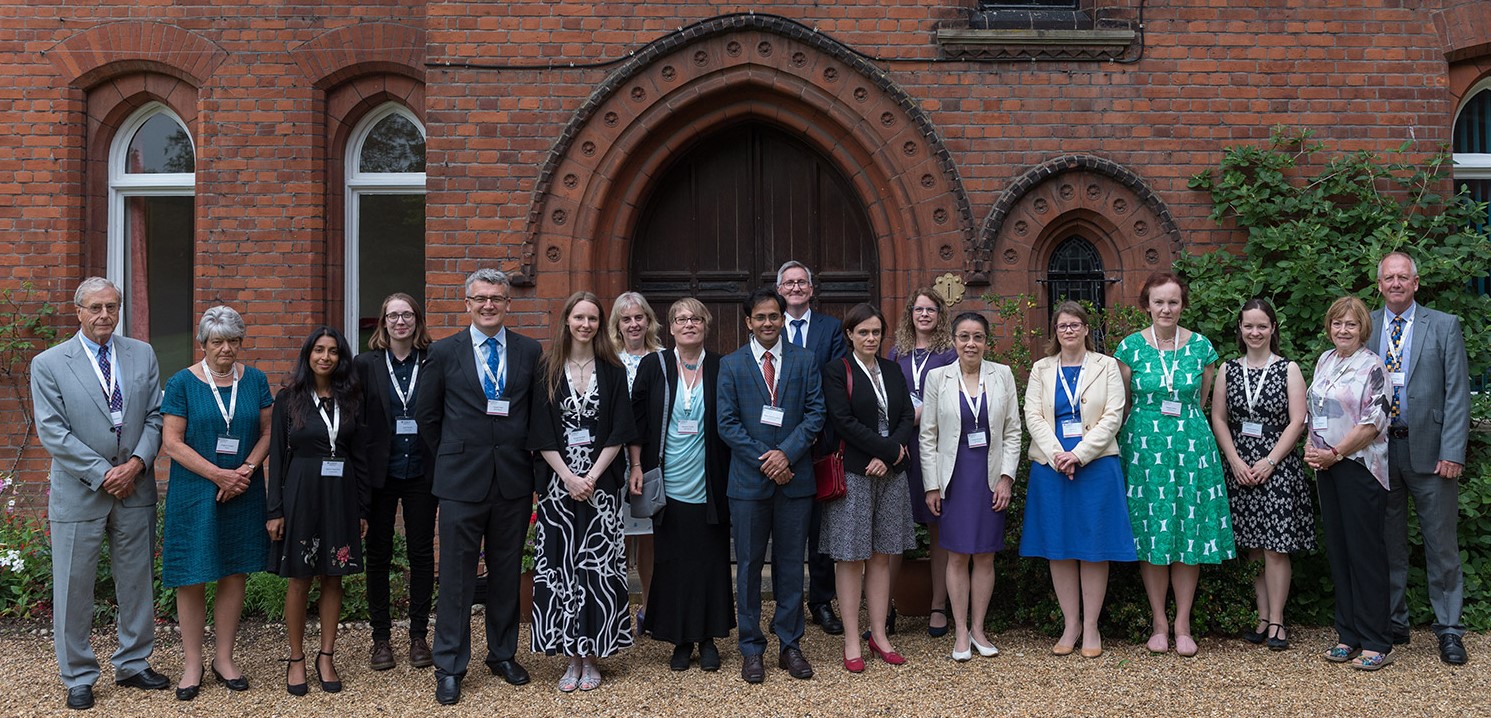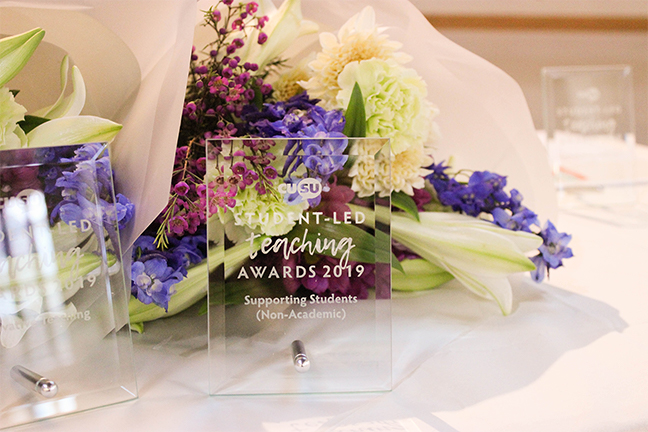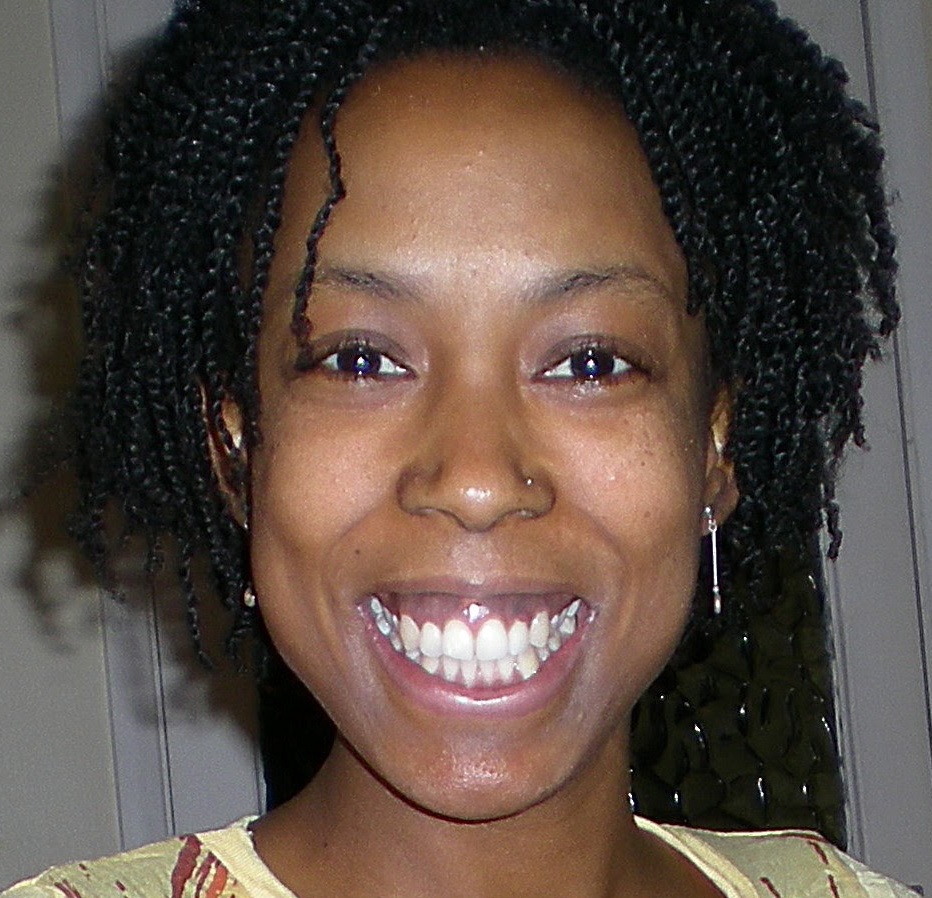Teaching Prizes
Please note that this article was published in 2019 and may no longer be accurate
Sir Alastair Pilkington, founder of the Pilkington Prizes in 1994, firmly believed that the quality of teaching was a crucial part of the University's ability to continue to attract undergraduates of the highest calibre. Across the University there are many dedicated educators striving for excellence in the teaching they or their department provides, and we believe it's more important than ever to foster an environment in which excellence, innovation and enhancement are recognised and rewarded.
Pilkington Prizes
There are several existing schemes within the University designed to highlight those achieving excellence in teaching. The Pilkington Prizes are awarded annually by the Vice-Chancellor. Each of the six Schools comprising the University requests nominations and puts forward two candidates who are considered to have made major contributions to their department's education.

In 2019 Dr Cecilia Brassett, the University Clinical Anatomist, was one of twelve Pilkington Prize Winners. She was awarded the Prize for her exceptional work transforming anatomy teaching in the Human Dissection Room in the Department of Physiology, Development & Neuroscience. As well as touchscreens which allow students to explore digital atlases whilst working collaboratively within groups, she has also introduced patient demonstrations to augment cadaveric observations, revived dissection demonstrations, initiated revision sessions for clinical students and supervised clinically relevant research projects which are presented at national conferences. Dr Brassett also engages in extensive outreach work, including the Festival of Ideas, Sutton Trust and Target Oxbridge.
CUSU Student-Led Teaching Awards

As a counterpoint to the Pilkington Prizes, the Cambridge University Students' Union annually holds the Student-Led Teaching Awards. Nominations for these awards are not only submitted by students, but also judged and selected by students. These prizes represent a unique opportunity for students to recognise exceptional teachers who have had a direct impact on their education, but are also highly valuable in showcasing the kinds of teaching and support that students value.
CUP Technology-Enabled Learning Prize
This past year, the Cambridge University Press launched a new teaching award: The Technology-Enabled Learning Prize. The award is intended to shine a light on those innovating to improve student learning outcomes through the use of enabling technologies. Two prizes were awarded alongside the Pilkington Prizes in June; one for Arts, Humanities & Social Sciences, and one for Science, Technology, Engineering, Mathematics & Medicine.

The latter was awarded jointly to two winners. Dr Dee Scadden led the large-scale redesign of two Part I courses in Biochemistry, including the production of accessible online documents, podcasts and 'technical snapshots'. Mithuna Yoganathan is the creator of a popular YouTube channel, Looking Glass Universe, which seeks to make complex concepts like Quantum Mechanics more accessible to secondary school students.
The prize for Arts, Humanities & Social Sciences was awarded to Helen Murphy, the team lead for the CamGuides project, designed to help the transition of new Master's students by providing information before they arrive (and during their time) in Cambridge on a range of topics such as academic practice, research skills, wayfinding on campus and wellbeing.
Outstanding Student Contribution to Education Awards
Finally, the Centre for Teaching and Learning launched an entirely new kind of prize this year. We felt it was important for the University to show appreciation of students' exceptional contributions to enhancing the educational experience at Cambridge. The new Outstanding Student Contribution to Education Awards were piloted this past summer, and the judges were delighted by not only the enthusiastic response to this new prize, but also by the incredible calibre of the nominations received in just a short period. Originally intending to award four prizes, in the end seven prizes were awarded, with a further twenty students highly commended.

One winner, Sharon Walker, received no fewer than five nominations for the category 'Inclusive Practice'. A final-year PhD student at the Faculty of Education, Sharon's contributions started in her very first year, when she established a fortnightly reading group called Theorising Race and Racism in Education, which remaints active and lively to this day - more than three years later. It has grown to become a research collective, hosting seminars with visiting speakers and acting as a hub for many other activities. Sharon also worked with the Equality and Diversity section to analyse responses to the University's Race Equality surveys. One nominator stated "her outstanding analytical approach and brilliant presentation of the data supported educating the entire University on race equality issues at this institution. Her approach is thorough, heartfelt, evidence-based, warm and engaging."
Cambridge Teaching & Learning Newsletter vol. 1 (issue 1) October 2019
